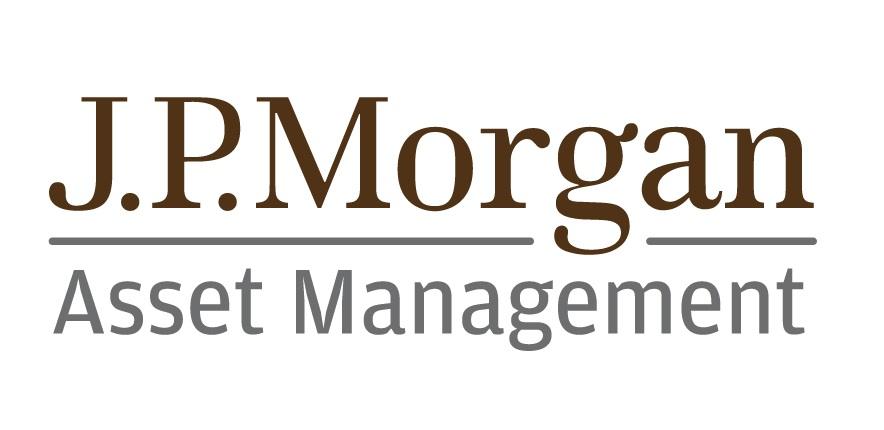JP Morgan AM Introduces New Processes and Policies for ESG Integration
New 10-Point Scoring System to Evaluate ESG Integration
JP Morgan Asset Management (JPMAM) has issued a report detailing the firm’s approach to ESG integration in the investment process. In the report, the firm introduces a new 10-point scoring system it will use to evaluate progress toward, and achievement of, ESG integration at each step of the investing process. The new system will be used both to evaluate strategies, and to measure their progress over time.
While JPMAM states that the firm has long used ESG factors when evaluating investments and strategies, the firm describes an evolution in its use of such considerations over the past several years, in terms of the scope of factors considered, as well as the expansion of the application of ESG evaluation to now include all sectors and regions globally.
J.P.Morgan Asset Management’s coordinated strategy for sustainable investing is driven by Jennifer Wu, Global Head of Sustainable Investing. Introducing the new process, Ms. Wu said:
“It is clear to us that ESG factors will increasingly affect companies’ ability to successfully operate and generate returns, today and over the long term.
“Today we have access to the greatest data transparency and most advanced analytical capabilities in history. We believe systematically integrating ESG information into our investment process, where material and relevant, will contribute to achieving an enhanced financial return, through better-informed investment decisions and strengthened risk management. ESG integration aimed at achieving sustainable risk-adjusted returns is about using research, insights and data to inform investment decisions.”
JPMAM defines ESG integration as the systematic inclusion of financially material ESG factors in investment analysis and investment decisions, with the goal of enhancing long-term risk-adjusted financial returns. Since 2016, the firm has formalised its ESG integration processes for actively managed segregated mandates and funds. Under this system, ESG-integrated assets under management have grown to $1.7 trillion, from $223 million in 2016.
The firm has formed a Sustainable Investment Leadership Team–ESG Data & Research Working Group, consisting of the firm’s Sustainable Investing team, 19 senior portfolio managers, research analysts and investment stewardship specialists across the firm. This working group developed 10-point scoring system to evaluate progress toward, and achievement of, ESG integration at each critical step of a typical investment process. In order to receive ESG integrated status, investment teams’ strategies must receive a minimum aggregate score of 30 points, and score at least 2 points out of five on each of the 10 metrics. The metrics considered cover all aspects of the investment process, from research to documentation and ongoing monitoring of ESG integration.
Ms. Wu points out that JPMAM views the consideration of ESG factors as an important part of the investment process, in line with the firm’s fiduciary duty to consider the impact of the decisions the firm makes on behalf of their clients. Ms. Wu added that by integrating ESG into the investment decision-making process, “along with applying traditional financial metrics, we now also access and utilize a set of factors that can help us make even better investments.”





